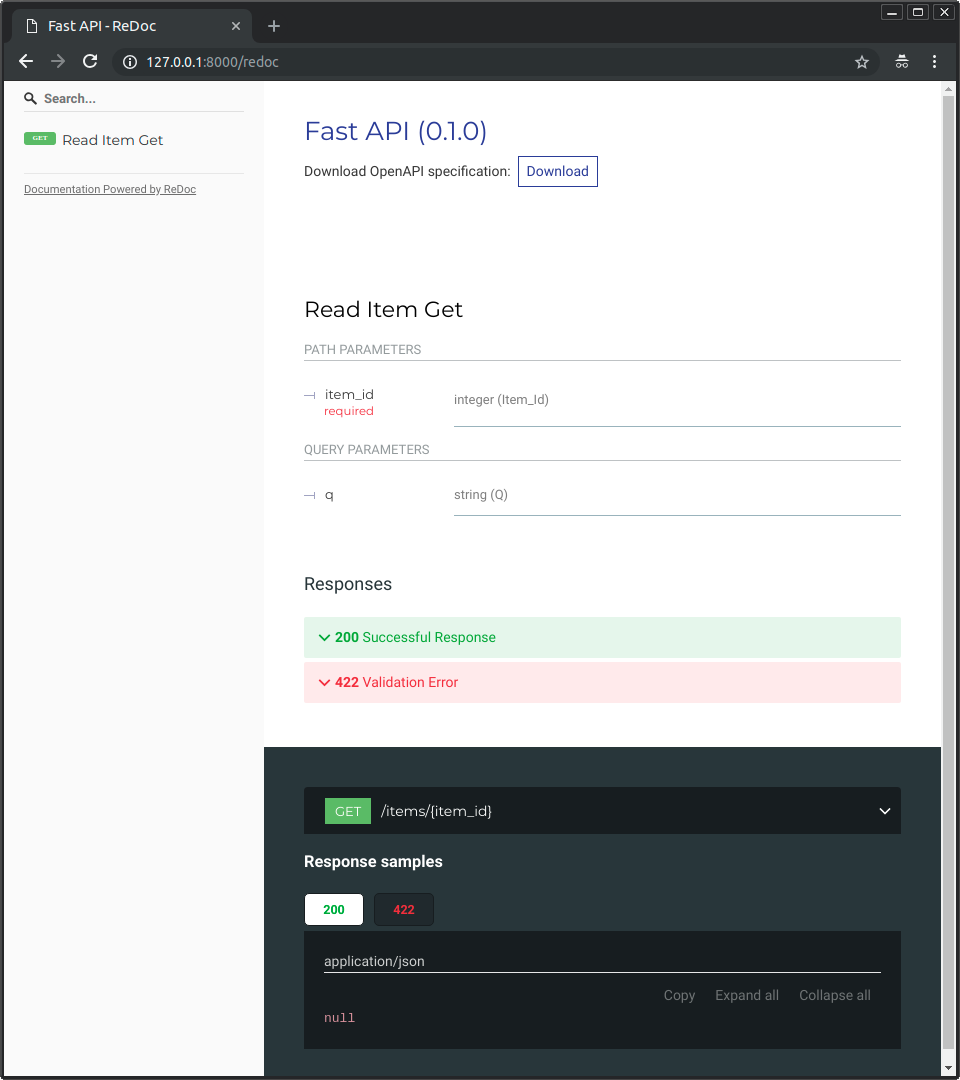- Sort Score
- Result 10 results
- Languages All
Results 351 - 360 of 2,442 for Sample (0.77 sec)
-
fess-crawler/src/test/resources/sitemaps/sitemap1.xml
<url> <loc>http://www.example.com/</loc> <lastmod>2005-01-01</lastmod> <changefreq>monthly</changefreq> <priority>0.8</priority> </url> <url> <loc>http://www.example.com/catalog?item=12&desc=vacation_hawaii</loc> <changefreq>weekly</changefreq> </url> <url> <loc>http://www.example.com/catalog?item=73&desc=vacation_new_zealand</loc>
Registered: Sat Dec 20 11:21:39 UTC 2025 - Last Modified: Sun Oct 11 02:16:55 UTC 2015 - 915 bytes - Viewed (0) -
build-logic/binary-compatibility/src/test/kotlin/gradlebuild/binarycompatibility/JSpecifyNullUnmarkedChangesTest.kt
} """ ) { assertHasErrors( "Method com.example.Source.foo(): From non-null returning to null-unmarked returning breaking change.", "Method com.example.Source.baz(): From non-null returning to null-unmarked returning breaking change.", ) assertHasNoWarning() assertHasNoInformation()Registered: Wed Dec 31 11:36:14 UTC 2025 - Last Modified: Mon Oct 27 09:26:32 UTC 2025 - 5.1K bytes - Viewed (0) -
compat/maven-resolver-provider/src/test/resources/repo/ut/simple/artifact/1.0/artifact-1.0.pom
<modelVersion>4.0.0</modelVersion> <parent> <groupId>ut.simple</groupId> <artifactId>parent</artifactId> <version>1.0</version> </parent> <artifactId>artifact</artifactId> <name>Simple Unit Test Artifact</name> <dependencies> <dependency> <groupId>ut.simple</groupId> <artifactId>dependency</artifactId> </dependency> <dependency>
Registered: Sun Dec 28 03:35:09 UTC 2025 - Last Modified: Fri Oct 25 12:31:46 UTC 2024 - 1.6K bytes - Viewed (0) -
helm/minio/values.yaml
# nginx.ingress.kubernetes.io/backend-protocol: "HTTPS" # nginx.ingress.kubernetes.io/whitelist-source-range: 0.0.0.0/0 path: / hosts: - minio-example.local tls: [] # - secretName: chart-example-tls # hosts: # - chart-example.local consoleService: type: ClusterIP clusterIP: ~ port: "9001" nodePort: 32001 loadBalancerIP: ~ externalIPs: [] annotations: {}
Registered: Sun Dec 28 19:28:13 UTC 2025 - Last Modified: Tue Aug 12 18:20:36 UTC 2025 - 19.7K bytes - Viewed (1) -
src/test/java/org/codelibs/curl/CurlTest.java
assertNotNull(Curl.get("https://secure.example.com/path?param=value")); assertNotNull(Curl.post("http://api.example.com/v1/resource")); assertNotNull(Curl.put("ftp://files.example.com/upload")); assertNotNull(Curl.delete("http://localhost:8080/delete")); assertNotNull(Curl.head("https://cdn.example.com/assets/file.js")); assertNotNull(Curl.options("http://cors.example.com/api"));
Registered: Sat Dec 20 09:13:53 UTC 2025 - Last Modified: Thu Nov 20 13:34:13 UTC 2025 - 16.3K bytes - Viewed (0) -
doc/go_mem.html
</p> <p> Don't be clever. </p> <h3 id="overview">Informal Overview</h3> <p> Go approaches its memory model in much the same way as the rest of the language, aiming to keep the semantics simple, understandable, and useful. This section gives a general overview of the approach and should suffice for most programmers. The memory model is specified more formally in the next section. </p> <p>
Registered: Tue Dec 30 11:13:12 UTC 2025 - Last Modified: Tue Aug 05 15:41:37 UTC 2025 - 26.6K bytes - Viewed (0) -
android/guava-tests/test/com/google/common/collect/SetViewTest.java
@Override protected Set<String> create(String[] elements) { return intersection( newHashSet(samples().e1(), samples().e3()), newHashSet(samples().e2(), samples().e4())); } }) .named("set & disjoint") .withFeatures(CollectionSize.ZERO, CollectionFeature.ALLOWS_NULL_VALUES)Registered: Fri Dec 26 12:43:10 UTC 2025 - Last Modified: Thu Aug 07 16:05:33 UTC 2025 - 29.9K bytes - Viewed (0) -
docs/ru/docs/index.md
 ## Пример обновления { #example-upgrade } Теперь измените файл `main.py`, чтобы принимать тело запроса из `PUT` запроса. Объявите тело, используя стандартные типы Python, спасибо Pydantic. ```Python hl_lines="4 9-12 25-27"Registered: Sun Dec 28 07:19:09 UTC 2025 - Last Modified: Thu Dec 11 21:25:03 UTC 2025 - 32K bytes - Viewed (0) -
README.md
- [Scala Applications](https://docs.gradle.org/current/samples/sample_building_scala_applications.html) - [Spring Boot Web Apps](https://docs.gradle.org/current/samples/sample_building_spring_boot_web_applications.html) - [C++ Libraries](https://docs.gradle.org/current/samples/sample_building_cpp_libraries.html) - [Swift Apps](https://docs.gradle.org/current/samples/sample_building_swift_applications.html)
Registered: Wed Dec 31 11:36:14 UTC 2025 - Last Modified: Mon Oct 20 22:15:26 UTC 2025 - 7.8K bytes - Viewed (0) -
android/guava-testlib/src/com/google/common/collect/testing/OneSizeGenerator.java
return generator.create(elements.toArray()); } @Override public Collection<E> getSampleElements(int howMany) { SampleElements<E> samples = samples(); List<E> allSampleElements = asList(samples.e0(), samples.e1(), samples.e2(), samples.e3(), samples.e4()); return new ArrayList<>(allSampleElements.subList(0, howMany)); } @Override public CollectionSize getCollectionSize() {
Registered: Fri Dec 26 12:43:10 UTC 2025 - Last Modified: Sun Dec 22 03:38:46 UTC 2024 - 2.5K bytes - Viewed (0)